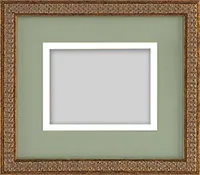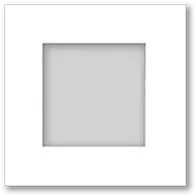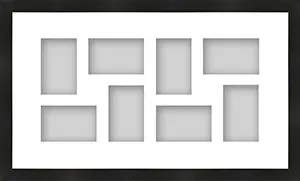Ok
Ok
What is the question
Cancel
My Account
Log In
Favorites
Saved Designs
Log In
Shopping Cart
Search
Collage
Definition
Collage is an artistic technique in which a multitude of images, materials, or elements are combined and arranged on a surface to create a unified, larger composition. It often incorporates paper, photographs, fabric, found objects, and other mixed media.
History and Background
- Originated in early 20th century with Cubist artists such as Pablo Picasso and Georges Braque.
- Developed as a method of exploring texture, depth, and juxtaposition of disparate elements.
- Modern collages span traditional paper methods, digital compositions, and mixed media installations.
Techniques and Materials
- Paper Collage: Cut, torn, or layered paper elements, including magazines, newspapers, or handmade paper.
- Photomontage: Combination of photographic images for creative compositions.
- Mixed Media: Incorporation of paint, fabric, textures, or three-dimensional objects.
- Adhesive Methods: Glue, paste, tape, or archival adhesives to secure elements.
Uses in Art and Display
- Creating expressive or abstract artwork.
- Storytelling or narrative compositions in visual art.
- Layering imagery for decorative or thematic purposes.
- Professional and amateur art presentations, including framed collage displays.
Advantages
- Encourages creativity by combining diverse elements.
- Offers flexibility in scale, medium, and style.
- Allows reuse of found materials, promoting sustainability.
- Works well with framing techniques such as Collage Frames or mats.
Best Practices
- Use archival adhesives and acid-free materials for preservation.
- Plan layout before permanently affixing elements.
- Consider layering depth and visual balance for a cohesive composition.
- Seal the finished piece with fixatives or protective coatings when appropriate.
Related Terms









